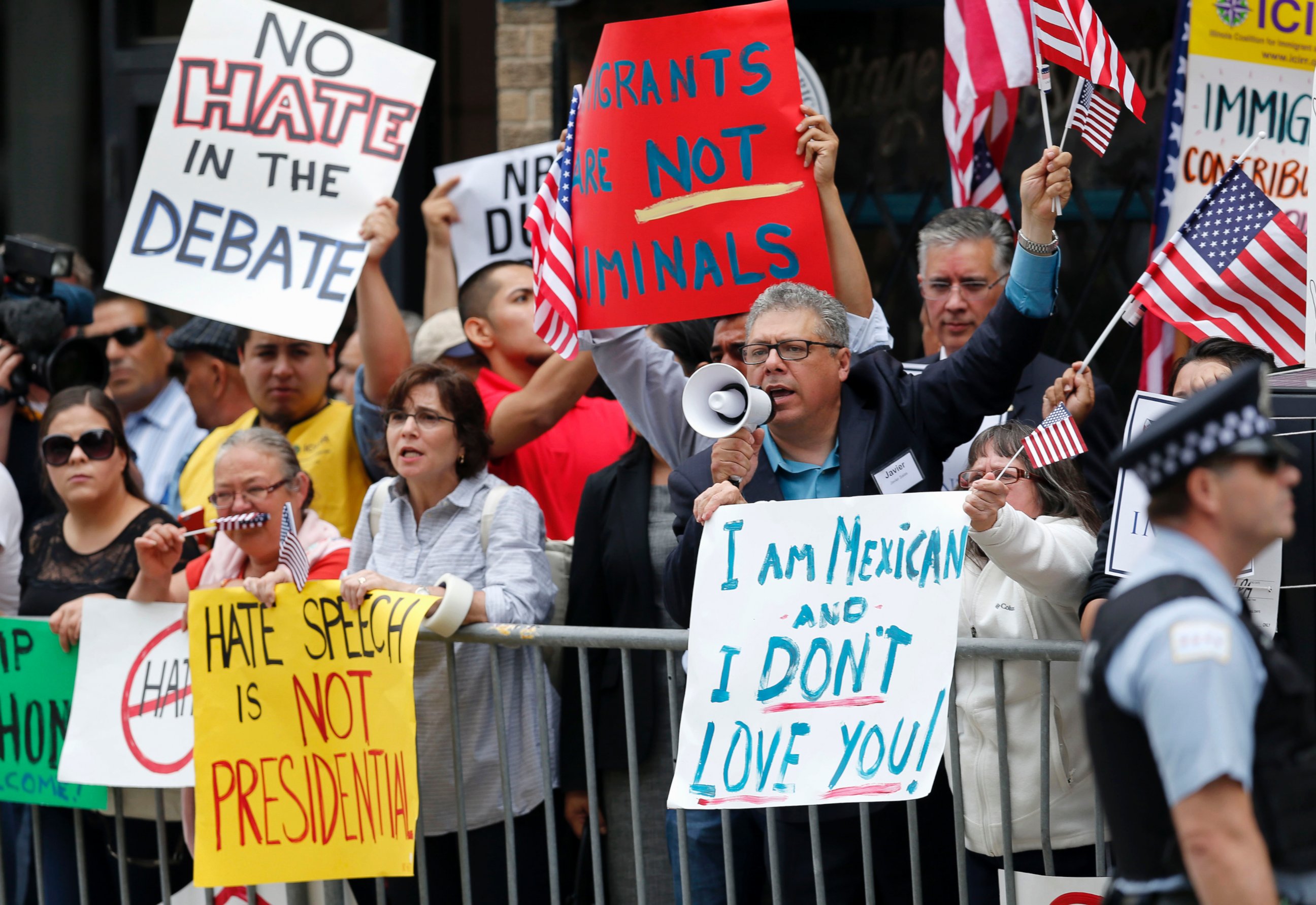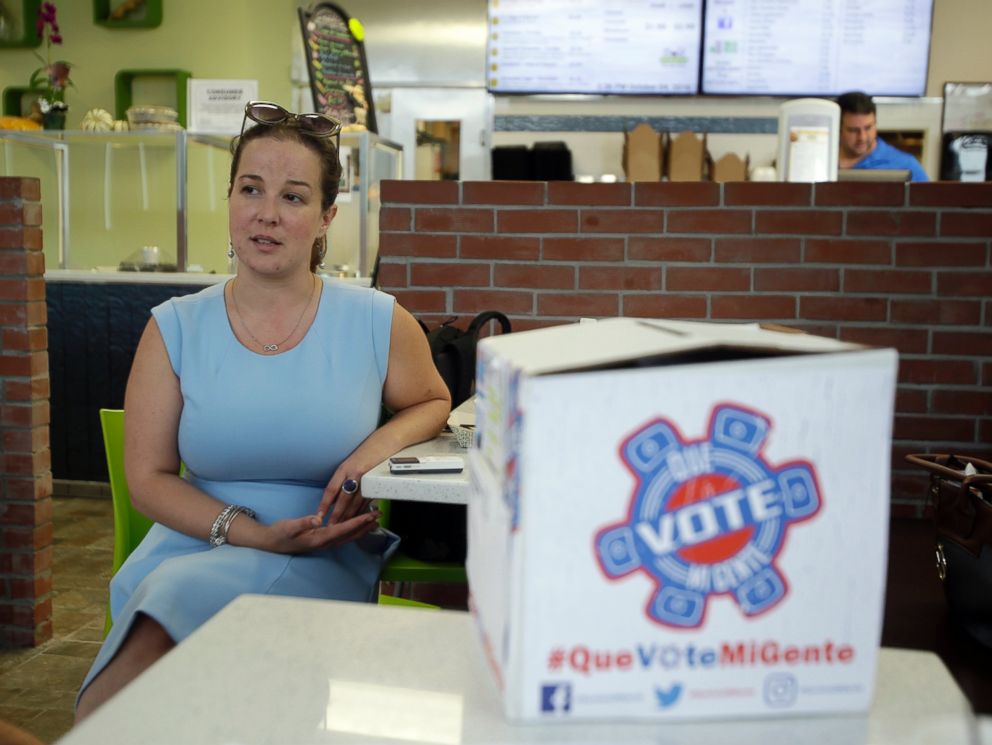Candidates Vie for Latinos as Early Voting Up in Fla.
Spanish-speaking Tim Kaine targets some Hispanics in their native language.
— -- Hispanic voters could influence this presidential election more than previous campaigns, with early voting in at least one state suggesting they are heading to the polls at a higher rate than four years ago.
"Hispanics are energized and they are voting early like they have never voted early before in Florida, and it's hard to say that’s not a positive energy; probably for Hillary Clinton," University of Florida professor Dan Smith told ABC News today.
The stepped-up voting comes as Democratic vice presidential candidate Sen. Tim Kaine held an event today in Phoenix, Arizona, entirely in Spanish, making it clear the campaign will actively court Hispanic voters to the very end.
Early-voting numbers broken down by race or ethnicity are not publicly available in each state, including some of those that have the largest Hispanic populations, like California, Texas, Arizona or Nevada.

In Florida, however, about 14 percent of all early votes cast so far have been submitted by Hispanic voters compared to 11 percent Hispanic early voting turnout in 2012, according to professor Dan Smith, who analyzes voter data.
"Of the almost 2.2 million registered Hispanic voters in Florida, 31.4 percent have turned out to vote," Smith said, citing the latest data available this morning.
The numbers are less pointed in the states that do make ethnic data available publicly: 2,314 Hispanics have voted in North Carolina; 4,623 have voted in Georgia; and 776 have voted in South Carolina, according to The Associated Press. Each represents 1.3 percent, or less, of their respective states’ early voter turnout at this point.
There are still several days of early voting ahead in Florida but, Smith noted, Hispanic voters have already surpassed their 2012 turnout rate.
"Hispanics have tended to wait until Election Day, but they are getting out the vote in record numbers," Smith said of Florida.

Bill Galston, a senior fellow at the Brookings Institution, said the mobilization likely has less to do with Hillary Clinton than their determination to vote against Donald Trump.
"If Donald Trump had tried to make himself toxic to the entire Latino community, he could not have done a better job," Galston said.
Hispanic turnout was down nationally to 48 percent of registered Hispanic voters in the 2012 election from a record high of 49.9 percent in 2008, according to Pew Research. In 2004, 47 percent of Hispanics voted and even fewer -- 45 percent -- voted in 2000, Pew's records show.
"I just think it stands to reason that Latino turnout is going to be up this year versus 2012," Galston said.
James Campbell, a professor at the University of Buffalo in New York whose book "Polarized: Making Sense of a Divided America" was published this summer, said it’s not only the rhetoric but the policy issues that suggested this election was going to hit close to home for Hispanic voters.
“Hispanic voters may play a big role in this election because of the prominence of the illegal immigration issue and control of the nation's southern border,” he told ABC News.
“The issue has been the signature issue of the Trump campaign since the early days of his candidacy. His early statements about the need to deal more effectively with illegal immigration were harsh and interpreted by many Republicans as setting back the outreach efforts of the party to bring more Hispanic voters to the GOP.”




